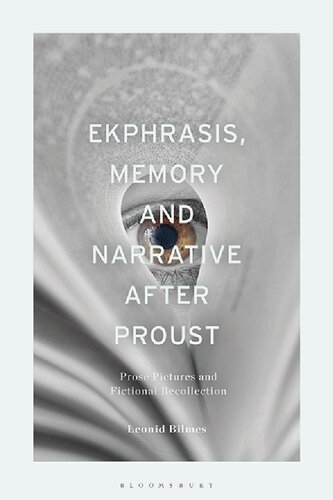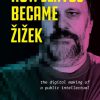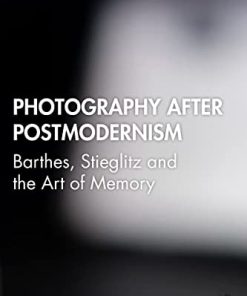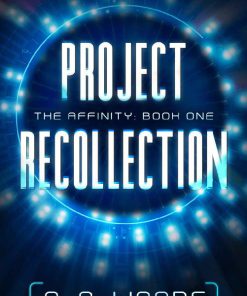Ekphrasis Memory and Narrative after Proust Prose Pictures and Fictional Recollection 1st Edition by Leonid Bilmes 9781350336858 1350336858
$50.00 Original price was: $50.00.$25.00Current price is: $25.00.
Ekphrasis Memory and Narrative after Proust Prose Pictures and Fictional Recollection 1st Edition Leonid Bilmes – Ebook Instant Download/Delivery ISBN(s): 9781350336834,9781350336841,1350336831,135033684X, 9781350336858, 1350336858
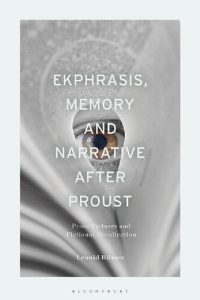
Product details:
- ISBN 10: 1350336858
- ISBN 13: 9781350336858
- Author: Leonid Bilmes
This book explores the relationship between ekphrasis and memory in the novel. Drawing on À la recherche du temps perdu, Leonid Bilmes considers how Vladimir Nabokov, W. G. Sebald, Ben Lerner, Ali Smith and Lydia Davis have employed and reshaped Proust’s way of depicting the recollected past. In Ada, Austerlitz, 10:04, How to Be Both and The End of the Story, memory images are variously transposed into intermedial descriptions that inform the narrator’s story, just as they serve to shape the reader’s own remembrance of each of these narratives. Ekphrasis in the novel after Proust, Bilmes argues, acts as a distinct site within the text where past and present, self and other, image and text, seeing and hearing, are ever on the brink of reconciliation. The book surveys a wide field of critical inquiry, encompassing classical theorizations of ekphrasis, philosophical explorations of memory and visuality, as well as seminal studies of image-text relations by, among others, W. J. T. Mitchell, Jean-Luc Nancy and Liliane Louvel. Bilmes’s compelling dialogue with theory and literature evinces the underexplored bond between ekphrasis and memory in the contemporary novel.
Table contents:
1 Proust’s way: Ekphrasis, memory, narrative
2 After Proust: By way of ironized nostalgia
3 Description and narration in Vladimir Nabokov’s Ada or Ardor
4 Narration’s looming of the archive in W. G. Sebald’s Austerlitz
5 Retrospect, prospect and the fiction of the face in Ben Lerner’s 10:04
6 Commemoration via intermedial lamination in Ali Smith’s How to Be Both
7 Writing forgetting in Lydia Davis’s The End of the Story
People also search:
memory engrams recalling the past and imagining the future
fictional prose narrative
flash prose example
narrative prose meaning
history of ekphrastic poetry
You may also like…
Uncategorized
Trauma Experience and Narrative in Europe after World War II 1st Edition Ville Kivimäki
History - World History
Jurisprudence & Law - Civil Rights Law
Flags, Color, and the Legal Narrative: Public Memory,Identity, and Critique 1st Edition Anne Wagner
Arts - Photography
Photography after Postmodernism Barthes Stieglitz and the Art of Memory 1st Edition David Bate
Uncategorized
Fictional Blues Narrative Self Invention from Bessie Smith to Jack White 1st Edition Kimberly Mack
Uncategorized

